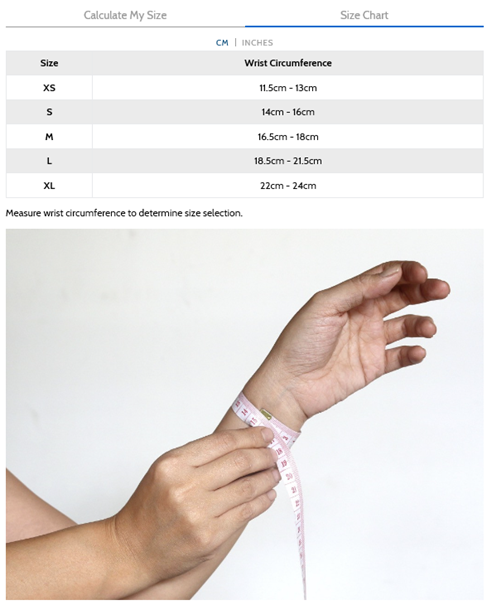You can use the following sections to find advice and exercises to help you manage pregnancy related aches and pains and concerns
If you have followed the advice and exercises provided but you still require to contact the Physiotherapy Department, you can complete our self-referral form.
Pregnancy related Pelvic Girdle Pain
Pregnancy related Pelvic Girdle Pain is aches and pains experienced during pregnancy or in the early post-natal period around pubic bone, groin, buttocks, hips and/or lower back.
Use the links below for advice on how to manage Pregnancy related Pelvic Girdle Pain (PPGP):
- Leaflet about Pelvic Girdle Pain (PGP)
- Leaflet about how to care for your body during pregnancy
- Video with relevant exercises (Pelvic floor, pelvic tilting and deep abdominal exercise)
External Resources
PGP Leaflet: https://pogp.csp.org.uk/publications/pregnancy-related-pelvic-girdle-pain-mothers-be-and-new-mothers
Working from Home – Advice and Exercises: https://www.csp.org.uk/publications/do-you-sit-desk-all-day-leaflets
Reproduced with permission of Pelvic Obstetric and Gynaecological Physiotherapy (pogp.csp.org.uk) and the Chartered Society of Physiotherapy (csp.org.uk).
NHS Highland Pelvic Floor Muscle Exercise Information Video: https://www.youtube.com/watch?v=v731EXFR2k4
NHS Lanarkshire Pelvic Girdle Pain Management
Pregnancy Related Low Back Pain
Pregnancy related Low Back Pain is pain experienced during pregnancy or in the early post-natal period around the bottom of your back. If you have pain in other areas around your back, this information will also be useful.
Use the links below for advice on low back pain during pregnancy or after having a baby:
- Leaflet about pregnancy related lower back pain
- Leaflet about how to care for your body during pregnancy
- Video with relevant exercises (Pelvic floor, pelvic tilting and deep abdominal exercise)
External Resources
- Working from Home – Advice and Exercises, reproduced with permission of the Chartered Society of Physiotherapy
- NHS Highland Pelvic Floor Muscle Exercise Information Video
Diastasis Rectus Abdominus Muscles
Diastasis Rectus Abdominus is the normal widening of your tummy muscles during pregnancy to accommodate your growing baby. After having your baby, this widening can take up to a year to recover, however, sometimes it can take longer and you may require a specialist physiotherapist to review them for you.
Use the links below for advice on Diastasis Rectus Abdominus Muscles or DRAM.
- Diastasis Rectus Abdominus Muscles (DRAM) Video
- DRAM Leaflet (specifically pages 6 to 9)
- Pilates Exercise Leaflet
External Resources
- Fit for Future Leaflet
- Pilates Leaflet, reproduced with permission of Pelvic Obstetric and Gynaecological Physiotherapy
Bladder, Bowel and Pelvic Floor Concerns
Use the links below for advice on bladder, bowel and/or pelvic floor concerns:
- Pelvic Floor Muscle Exercise and Urinary Incontinence Leaflet
- Overactive Bladder Leaflet
- Pelvic Organ Prolapse Leaflet
- Emptying your Bowels Leaflet
- Obstetrics Anal Sphincter Injuries (OASIS) 3rd / 4th degree tears Leaflet
Please use the following Relaxation Video to use alongside pelvic floor relaxation.
External Resources
Continence Information Leaflet
Pelvic Floor Muscle Exercises Information Leaflet
NHS Highland Pelvic Floor Muscle Exercise Information Video
SqueezyApp for Information Leaflets and Videos on Pelvic Floor Muscle Exercises
Reproduced with permission of Pelvic Obstetric and Gynaecological Physiotherapy (pogp.csp.org.uk) and SqueezyApp.com
Coccydynia
Coccydynia or tailbone pain is pain experienced on the sitting bone, specially when sitting. This can appear during pregnancy or in the early post-natal period due to the changes happening to your body.
Use the links below for advice about coccydynia or tailbone pain:
- Coccydynia Leaflet
- Care of your Body in Pregnancy Leaflet
- Care of your Body in Pregnancy – Managing Aches & Pains Video
External Resources
Working from Home – Advice and Exercises
Reproduced with permission of Pelvic Obstetric and Gynaecological Physiotherapy (pogp.csp.org.uk) and the Chartered Society of Physiotherapy (csp.org.uk).
Carpal Tunnel Syndrome
Carpal Tunnel Syndrome is pain, numbness, pins and needles and tingling of the fingers and hand(s). There may be also swelling of the hands and you might feel your hands are clumsy, weak and tire easily. This can appear during pregnancy or in the early post-natal period due to the changes happening to your body.
Use the links below for advice on how to manage carpal tunnel syndrome:
- Carpal Tunnel Syndrome Leaflets
- Care of your Body in Pregnancy Leaflets
- Circulation Changes in Pregnancy – Managing Aches & Pains Video
- Wrist Splint Fitting Instructions
Wrist Splint Size Guide

DeQuervains Synovitis
DeQuervains Synovitis is pain on the base of the thumb, swelling and reduced movement. This can appear during pregnancy or in the early post-natal period due to the changes happening to your body.
Use the links below for advice on how to manage DeQuervains Synovitis:
Thumb Spica Size Guide
